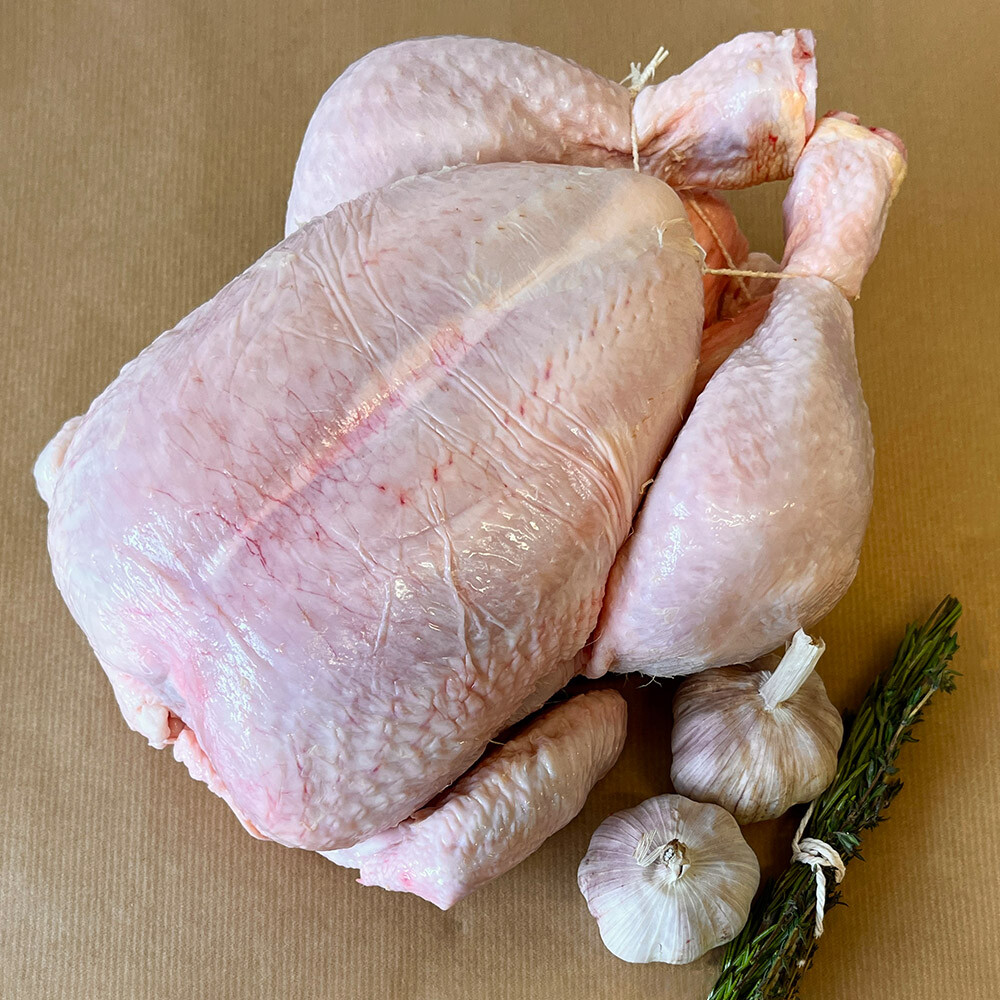Cutting Through the Legends: Which Defines a Artisan Meat Cutter Special?

In an age where comfort often trumps excellence, the artisanal butcher stands as a symbol of heritage, skill, and community. Unlike large grocery stores where industrial processing reigns, craft butchers focus on the art of butchery, offering specialized selections and personalized service that enhance the meat-buying experience. With a deep-rooted commitment to supporting local farmers and sourcing high-quality, sustainable products, these craftspeople play a crucial role in bringing us closer to our food.
As we investigate what makes a craft butcher truly unique, we'll examine the time-honored practices and innovations that define this trade. From the revival of whole-animal butchery to the focus on ethical farming and openness, craft butchers embody a thoughtful approach to meat that resonates with consumers who value quality over quantity. Join us as we slice through the myths and unveil the many reasons to select a craft butcher over a conventional supermarket.
The Distinct Benefits of Craft Butchers
One of the primary advantages of craft butchers is their dedication to quality and fresh produce. In contrast to supermarket chains that typically sell commercially processed meat with extended shelf lives, craft butchers source their products from regional suppliers, guaranteeing that the meat is not only fresh but also of superior standards. This focus on local sourcing means that consumers can expect flavorful, ethically raised meat that shows the care taken during the entire farming and butchering process.
Additionally, unique advantage lies in the knowledge and craftsmanship that craft butchers bring to their trade. These skilled artisans are not just cutting meat; they are preserving traditional methods and offering personalized portions tailored to the tastes of their customers. Their extensive knowledge about the various cuts, best cooking methods, and complementary flavors transforms the process of buying meat into something more personal and meaningful. This hands-on approach fosters a relationship between the butcher and the customer, frequently resulting in priceless tips and tailored recommendations.
Lastly, supporting craft butchers has broader implications for sustainability and ethical farming practices. Many craft butchers prioritize working with farmers who employ humane treatment of animals and sustainable farming methods. By deciding to purchase from https://herdbutchery.ie/craft-butchers/ , consumers are not only obtaining high-quality products but are also supporting the local economy and promoting environmentally friendly practices. This creates a loop of support that supports the community as a whole, strengthening the role of craft butchers in promoting responsible food sourcing.
Championing Community and Sustainable Practices
Traditional butchers play a vital role in supporting community farmers and sustainable practices. By sourcing their meat from nearby farms, they create a direct link between customers and farmers, ensuring that money is kept within the area. This not only bolsters the local economy but also cultivates relationships built on confidence and honesty. When customers choose artisan butchers, they can often find pasture-raised, free-range, and non-GMO options that are raised without the harmful practices commonly associated with large-scale farming.
Additionally, artisan butchers often focus on responsible farming practices by opting for suppliers who align with their devotion to animal welfare. This emphasis on kind treatment leads to superior meat that not only tastes better but is also better for the environment. With a greater focus on eco-friendly practices, artisan butchers can help cut down on the carbon footprint associated with moving meat over long distances, further helping to a more sustainable planet.
The renewal of classic butchery skills is also a demonstration to the sustainability practices of modern craft butchers. By utilizing entire animal butchery and using every part of the animal, they minimize waste and encourage a complete approach to meat consumption. This comprehensive method not only values the animal but also motivates shoppers to explore a broader variety of cuts. In this way, traditional butchers inspire a greater sustainable and responsible way of eating that supports both consumers and the community as a whole.

Delving into the Skill and Heritage of Meat Preparation
The trade of meat cutting is imbued in tradition, representing a expertise that has been passed down through ages. Artisan meat specialists take pride in their understanding of multiple cuts, methods, and the anatomy of animals. This deep understanding allows them to skillfully guide customers on issues including cooking methods to the best choices, ensuring that every piece is treated with care and consideration. The artistry of butchery isn't just about craft; it's also about relating with the ingredients on a intimate basis, embodying a belief that honors the entire animal.
Current craft butchers are reintroducing techniques that have mostly been overlooked in the era of mass production. Approaches such as entire animal butchery stress sustainability and reduce waste, allowing butchers to create a larger variety of distinct cuts. By prioritizing time-honored methods, artisan butchers can preserve heirloom varieties and promote sustainable farming methods. This dedication to the craft ensures that the meat they provide is not only high in quality but also advocates for a more eco-friendly food system.
The locally engaged approach of artisan butchers cultivates a sense of connection between consumers and the source of their food. By obtaining meats from nearby farmers and ensuring transparency in their processes, craft butchers are vital in creating a more fair food landscape. They invite shoppers to inquire and learn about the sources of their meat, making each transaction a more aware and valuable experience. In this way, artisan butchery is not simply a profession; it is a commemoration of the skill of food, focusing on quality, neighborhood, and tradition.
